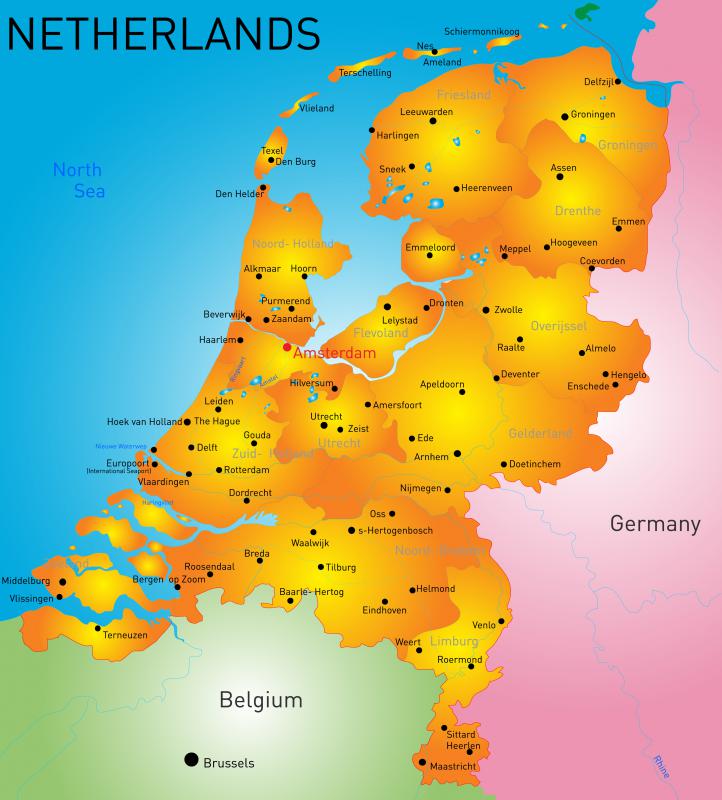At WiseGEEK, we're committed to delivering accurate, trustworthy information. Our expert-authored content is rigorously fact-checked and sourced from credible authorities. Discover how we uphold the highest standards in providing you with reliable knowledge.
What are the Rotterdam Rules?
In 2009, representatives from 17 different countries met in Rotterdam, the Netherlands, to discuss the creation and implementation of uniform shipping and contracting rules for maritime trades. The result of that meeting was a document known as the “Rotterdam Rules.” The Rotterdam Rules are based closely on the United Nations Convention on Contracts for the International Carriage of Goods Wholly or Partly by Sea, a United Nations treaty with only sporadic ratification. Over 20 countries pledged to implement the Rotterdam Rules, with Spain being the first to enact laws that went into effect in early 2011.
The primary aim of the Rotterdam Rules is to create a uniform set of standards for all participants in international commerce by sea. International law in places touches on maritime transactions, but each country has its own interpretation of international standards. Furthermore, there is no single law of the sea. Disputes in international waters, or contracts disputed in one country but drafted in another, often prompt cross-border court battles that can take months or even years to resolve. As maritime shipping makes up a very important part of international commerce, shippers and buyers both have an interest in setting universally-applicable and enforceable standards.

One of the primary features of the Rotterdam Rules is a code of conduct governing the “carriage of goods by sea.” The code sets out acceptable contract terms for most sea or partly-sea based shipping agreements, requirements for seaworthiness of vessels, and minimum qualifications of deck hands and transport staff, among other things. It mandates certain common forums for dispute resolution, and predetermines legal obligations for a whole host of potential conflict scenarios. Particular provisions for electronic contracts and e-commerce business methods have been incorporated, as well.

Much of the content of the Rotterdam Rules was borrowed directly from the U.N. Convention on Contracts for the International Carriage of Goods Wholly or Partly by Sea, and after the 2009 Rotterdam meeting, that convention was deemed wholly rolled into the new rules. The Rotterdam meeting was hosted by the U.N. Commission on International Trade Law in part as a way to drum up awareness of and support for the Convention. Representatives from most of the world’s shipping powers attended the meeting, and the majority signed on to the rules either in Rotterdam, or later by proxy.
Signatures alone do not make the agreement binding, however. Treaties, unlike laws, do not automatically come into force. A country’s signature on a treaty agreement is in essence that country’s vow to implement the treaty terms at a national level, usually by adding them to existing national law. National-level implementation is known as ratification.
Ratification can take several years, depending on the legislative processes involved. Rotterdam Rules ratification has proved no different. Although the Rotterdam signature ceremony happened in late 2009, Spain became the first signatory to ratify the treaty with laws that became effective in January 2011.
AS FEATURED ON:
AS FEATURED ON:












Discuss this Article
Post your comments